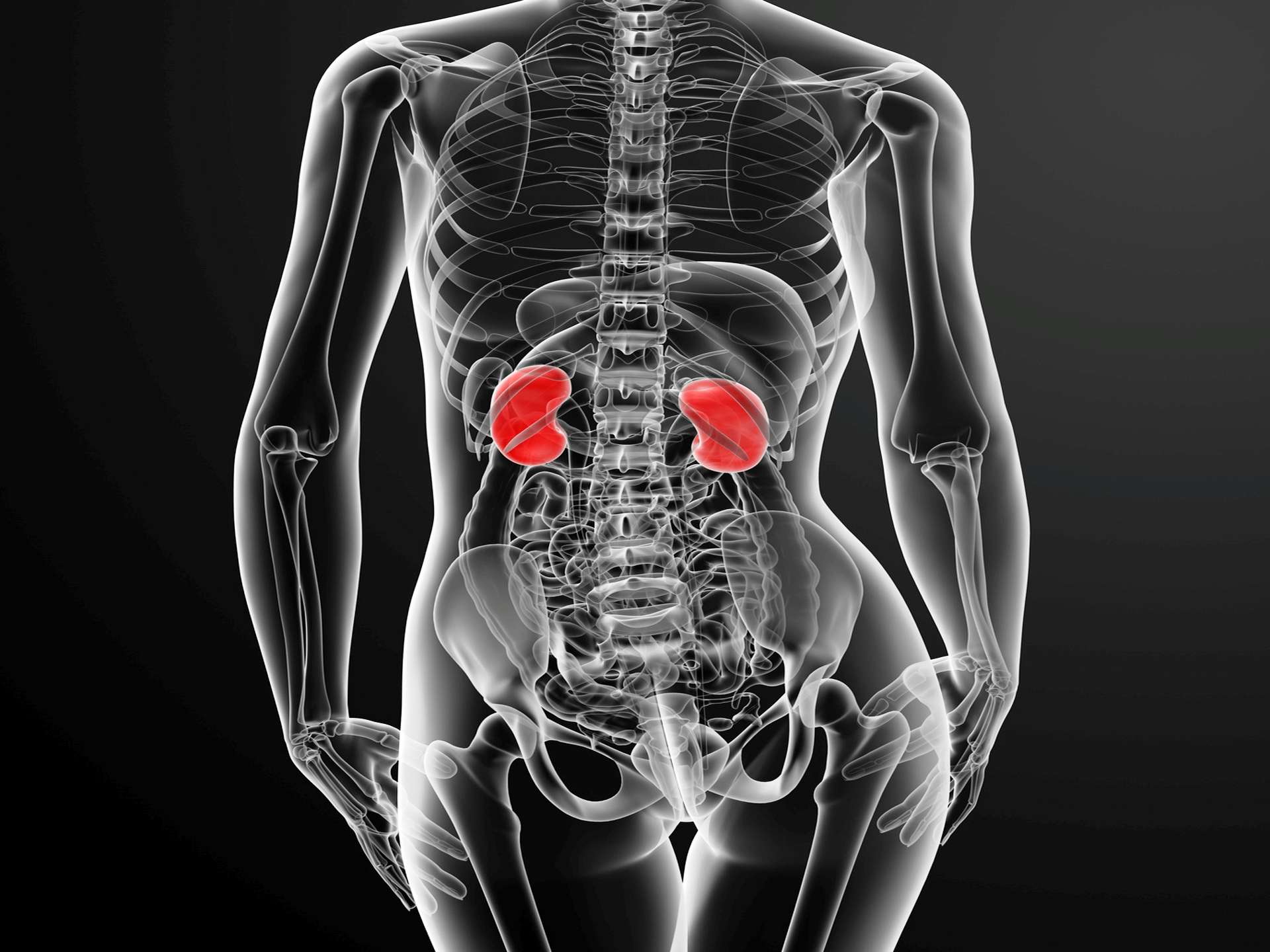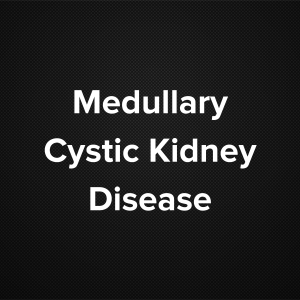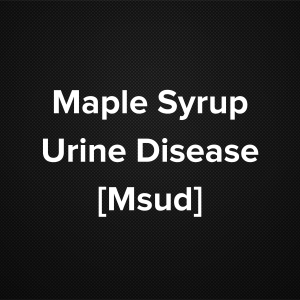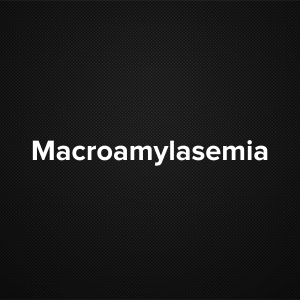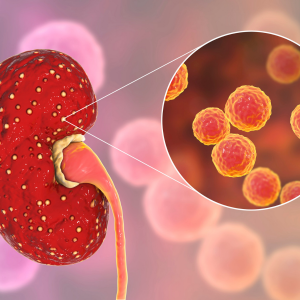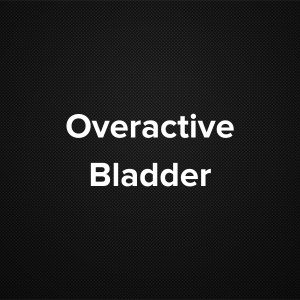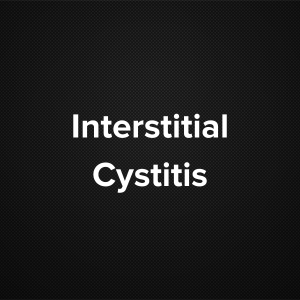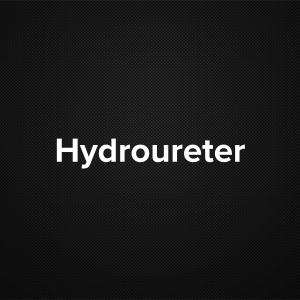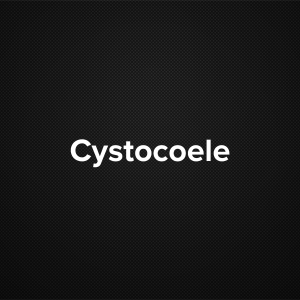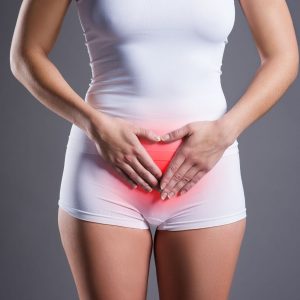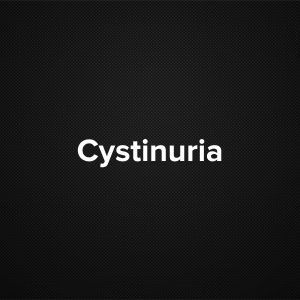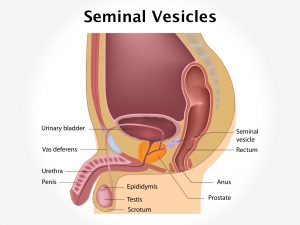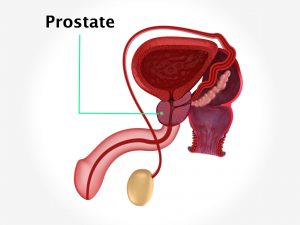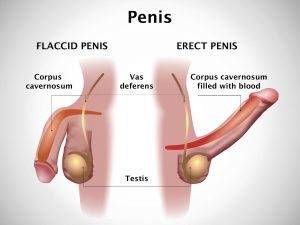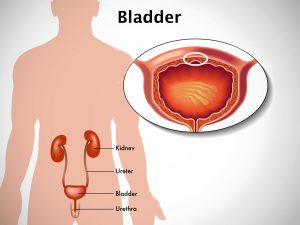Causes and risk factors
Bladder stones are formed when urine is not completely excreted from the bladder, as a result of which urine in the bladder becomes concentrated and the minerals in the urine crystallize. In most cases bladder stones are usually the result of another urologic problem, like enlarged prostate, bladder diverticulum, neurogenic bladder, bladder outlet obstruction, urinary tract infection, kidney stones. Use of medical devices like contraceptives or catheters can cause risk of developing bladder stones. In children of some developing countries, the cause of bladder stones can be low protein diet, dehydration.
Clinical presentation
Sign and symptoms are seen when the stone irritates lining of the bladder or obstructs the flow of urine from the bladder to the urethra. Symptoms include pain or pressure in abdomen, abnormally or dark-colored urine, blood in the urine. There is difficulty while urinating, painful urinating, frequent urge to urinate, inability to urinate except in certain positions, interruption of the urine stream. Patient may experience pain or discomfort in the penis. Associated symptoms include urinary tract infection; urine incontinence.
Investigation
Medical history by the patient and Clinical examination by the doctor helps in diagnosis. Distended bladder, enlarged prostate may suspect the condition. Routine blood tests, urine routine, urine culture is recommended. Imaging studies such as bladder or pelvis X ray, USG, cystoscopy, CT scan of bladder is useful to detect the presence of stones. Intravenous pyelogram is also useful. Spiral CT scan can detect very small stones and is considered one of the most sensitive tests for identifying all types of bladder stones.
Treatment
No treatment is required for asymptomatic patients. Drinking 6 – 8 glasses of water or more everyday to increase urinary output may help the stones to pass. Stones which are not removed naturally need surgery for the removal. The type of surgeries used to treat bladder stones include Transurethal cysolitholapaxy, percutaneous suprapubic cystolitholapaxy, or open cystotomy. Transurethral resection of the prostate [TURP] is done in patients with prostate enlargement and bladder stones.
Other Modes of treatment
The other modes of treatment can also be effective in treating bladder stones. Homoeopathy is a science which deals with individualization considers a person in a holistic way. This science can be helpful in combating the symptoms. Similarly the ayurvedic system of medicine which uses herbal medicines and synthetic derivates are also found to be effective in treating bladder stones.
